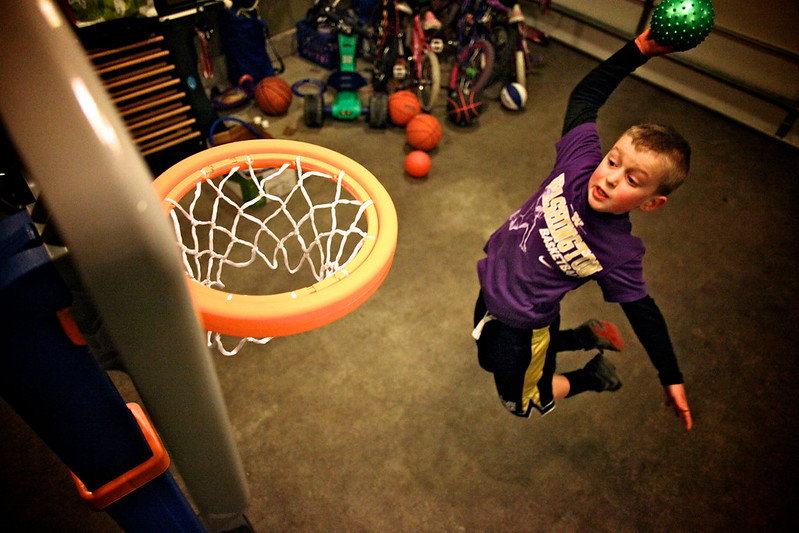
In 1992, Bernie Merkel, women’s basketball assistant coach, an IUS alumnus and former IUS basketball player, had been laid off from his employer. He was looking for a job to keep him busy and make some extra money while looking for his next career opportunity.
Merkel returned to his former coach at IU Southeast, Jim Morris, to see if there were any openings at the school.
Merkel said Morris informed Merkel that the women’s basketball team was in need of an assistant coach. Merkel said Morris introduced him to current head coach Robin Farris, who offered him a position as an assistant coach on his staff.
Eighteen years later, Merkel is still working as the assistant for Farris and the IUS women’s basketball team.
“It’s great,” Merkel said. “I got my degree here, and it’s a great school. I would do anything to help this school out. I want to see this school be successful.”
Farris said he is happy to have Merkel as his assistant.
“He has been very loyal,” Farris said. “He is very knowledgeable and very important to our team.”
Merkel said he has been lucky that his other jobs have worked with his basketball schedule and have allowed him to keep working for the women’s basketball team for the last 18 years.
“A lot of days my day starts at 6 a.m. and doesn’t end until midnight, but I enjoy it because I get to have an influence on the young ladies lives,” Merkel said. “I want to help them instill values and be productive people.”
The long days during the season can make it hard for Merkel to juggle his full-time job, his coaching responsibilities and spending time with his family.
“I like to call my wife [Lisa] our team’s number one fan.” Merkel said. “She comes to all the games.”
Merkel said he credits his wife’s support of his coaching career as the main reason why he has been able to work a full-time job and spend his nights coaching the Grenadiers.
During his 18 years coaching at IU Southeast, Merkel has been a part of 14 winning seasons and has been to the national tournament four times.
“The best part is the kids still stay in touch,” Merkel said. “When you play for my team you become a part of my family.”
Though he has enjoyed his time as an assistant coach, Merkel said he would love to be a head coach if the right opportunity presented itself.
“I wish I would have started coaching when I finished school, but at that time you had to get an education degree and become a teacher and I was interested in business at the time,” Merkel said.
While playing at IU Southeast in the late 1970s, Merkel played point guard for the team. He was twice awarded the Ron John’s Mental Attitude Award. The award was given to a player on the men’s basketball team that displayed the most dedicated work ethic.
“My playing days I considered it my job to run the team, being the point guard, and it helped me learn how to compete,” Merkel said.
At the college level, there are a lot of tasks that need to be done for a team to be successful. Farris said a head coach needs a lot of help to complete all those tasks and Merkel has done a great deal for the program.
“He is someone I can trust that will get the job done,” Farris said.
When it comes to his coaching duties, Merkel said during the game he is in charge of keeping track of the team’s fouls, timeouts and gives Farris ideas.
“I like to think of the assistant coach as the idea guy, and the head coach is the decision maker,” Merkel said.
When the two coaches aren’t with their team they spend some of their spare time watching college basketball games on television learning new plays for their team to use.
Merkel said his favorite thing to teach his players is how to play good defense.
“I took pride in defense and our team is always defense oriented.” Merkel said.
Merkel said his goals for this season are for his team to repeat as Kentucky Intercollegiate Athletic Conference champions, win 20 games and to have success in the NAIA Division II Women’s Basketball National Tournament.
Although winning games is important to Merkel, it isn’t his ultimate goal.
“These girls are truly student-athletes,” Merkel said. “I want them to gain skills that can help them with their careers and with their families.”
By JUSTIN RAY
Staff writer
jusray@umail.iu.edu




